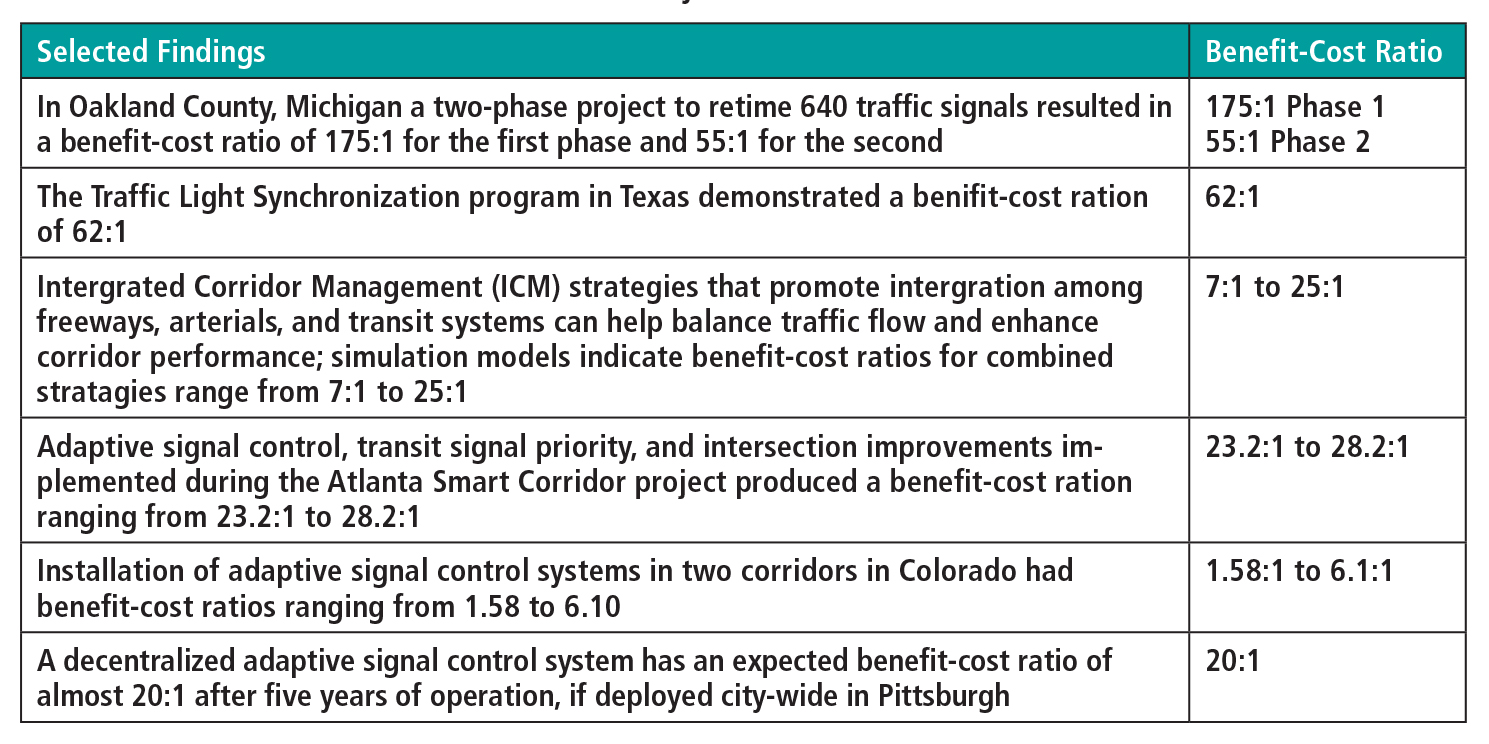The UK Government has published its updated National Infrastructure Pipeline, which shows that planned infrastructure investment has now increased to £383 billion up to 2020 and beyond.
The Pipeline, which is converted in to an interactive map format by leading construction intelligence specialists Barbour ABI, has increased from more than £375 billion when it was last updated in December. It is designed to increase the visibility of future infrastructure investment in both the public and private sectors. It is reviewed every six months to ensure new opportunities are reflected and more details are provided as they emerge.
A total of 288 transport projects are included in the pipeline, with expenditure of £14,245.50 million projected for 2014 to 2016, £33,745.91 million for 2016 to 2020 and £18,172.20 million beyond 2010.
Michael Dall, lead economist at Barbour ABI, commented: "This latest Pipeline update will come as very positive news for the construction industry.
"With the Pipeline representing more than £380 billion of planned infrastructure investment over the coming years, the construction industry will receive a much-needed boost just as the latest output and new contract figures seem to indicate that the high rate of growth is slowing.
"While there have been concerns recently that the industry is becoming too reliant on the housing sector, this Pipeline will offer greater visibility and understanding of the potential opportunities available in the infrastructure sector too."
UK infrastructure pipeline announced
The UK Government has published its updated National Infrastructure Pipeline, which shows that planned infrastructure investment has now increased to £383 billion up to 2020 and beyond.
The Pipeline, which is converted in to an interactive map format by leading construction intelligence specialists Barbour ABI, has increased from more than £375 billion when it was last updated in December. It is designed to increase the visibility of future infrastructure investment in both the public and private sectors








